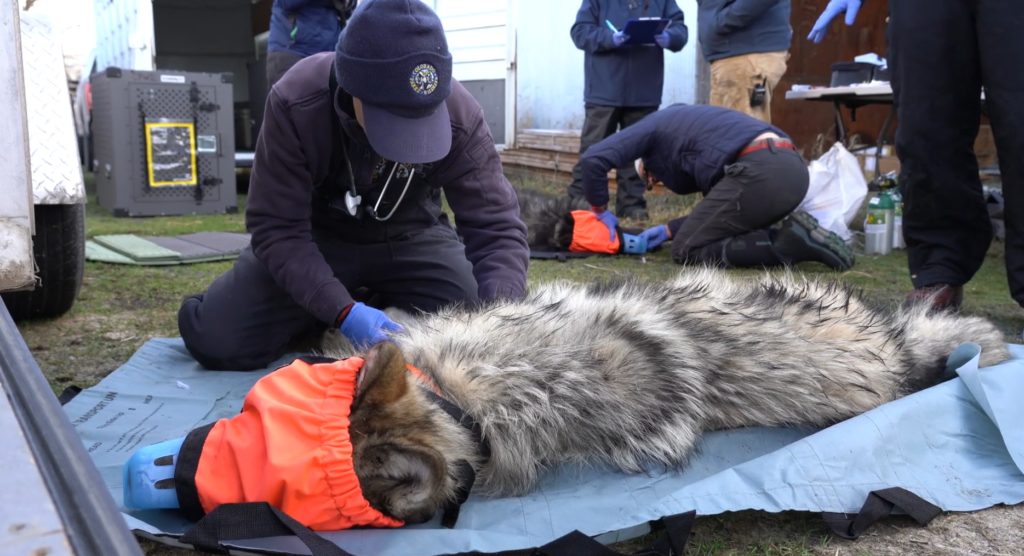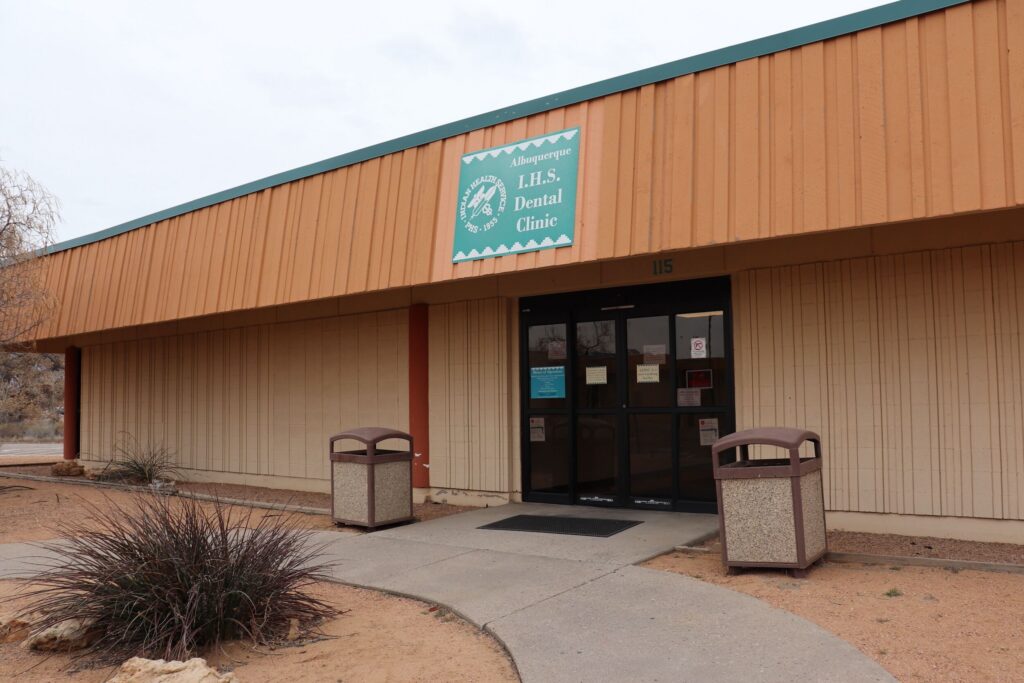Colorado wildlife officers hunt for wolf in Northwest county; another wolf dies — in Wyoming
Colorado Parks and Wildlife announced Wednesday that another wolf from the original 10 that came from Oregon has died in Wyoming.
Wyoming law prevents divulging more details on the wolf’s death, although the tracking collar is being returned to Colorado.
With the death of the female wolf identified as OR-2304, that makes four of the 10 animals from Oregon that have now died. All told, a total of 10 wolves out of the original 25, including the 15 brought to Colorado in January from British Columbia, have died.
In a statement, the state wildlife agency said it would not comment further on the latest mortality since it took place outside of Colorado.
Wildlife officers are also on the hunt for an uncollared wolf that killed three sheep in Rio Blanco County.
The agency said the wolf attacked sheep on July 20, July 22, and Aug. 2. With three confirmed depredations, that led the agency to declare the wolf met the criteria for chronic killing and it can be lethally managed by the agency. It is not one of the wolves that came from Oregon or British Columbia, which are all collared.
It would be the third wolf the state has gone after for killing livestock.
Staffers earlier killed a wolf in Pitkin County, one of the yearlings from the Copper Creek pack that was moved to Pitkin County in violation of the state wolf management plan. They are still on the hunt for another Copper Creek yearling that was responsible for killing a calf in Pitkin County on July 18.
That wolf was the subject of a letter from the Holy Cross Cattlemen’s Association, which asked for a permit last month to kill the animal. CPW denied the permit since their staff were already looking for the wolf.
The agency has been stymied in its efforts to find the uncollared Rio Blanco County wolf due to the Elk Fire burning near Meeker.
“Under normal circumstances this situation would warrant lethal removal operations in the area. However, the allotments where the depredations occurred are under evacuation due to the Elk Fire. As such, CPW’s primary concerns are the safety of staff deployed to the area and safety of the community,” the agency said in a statement.
CPW said it has been coordinating with producers and members of the local woolgrowers association to provide round-the-clock range rider coverage in hopes of hazing the wolf.
The agency noted the producer whose sheep were killed had cooperated with the agency, deploying non-lethal conflict minimization tools, as well as a site assessment
“This is a truly unprecedented set of circumstances and my thoughts are with the firefighters and the emergency responders who are working to minimize damage in Rio Blanco County, as well as the producers and CPW’s staff,” said Jeff Davis, director of the state’s wildlife agency.
The wolf program, narrowly approved almost entirely by Front Range voters in 2020, has so far cost the state more than $8 million over the last five years, well above the estimates provided at the time of the ballot measure, which said the state would spend $800,000 annually.











